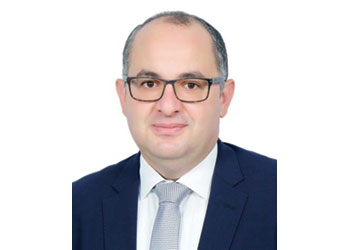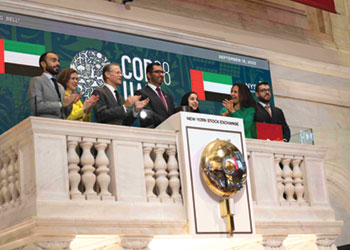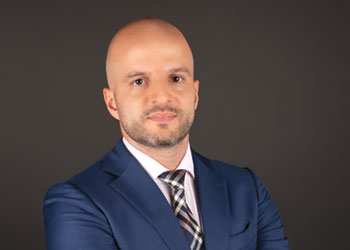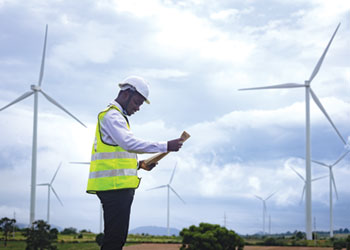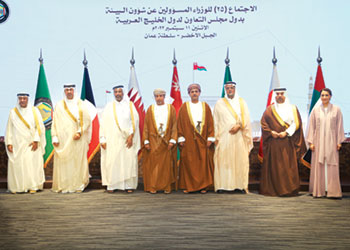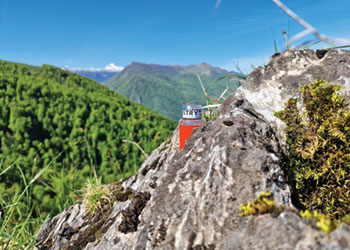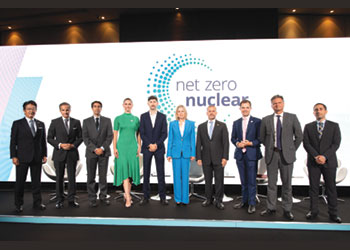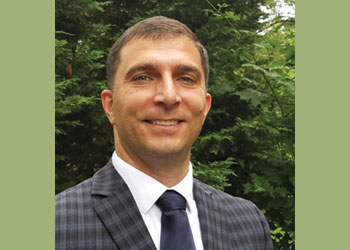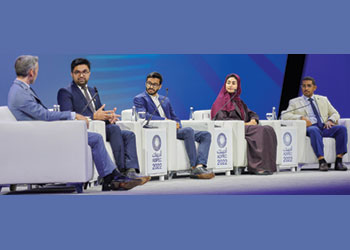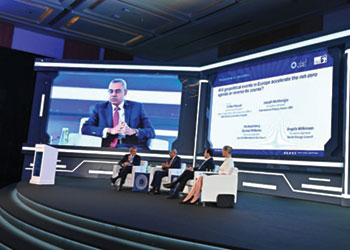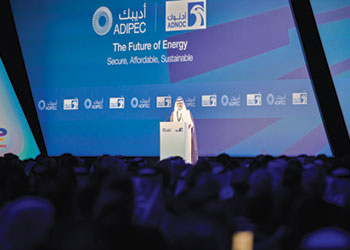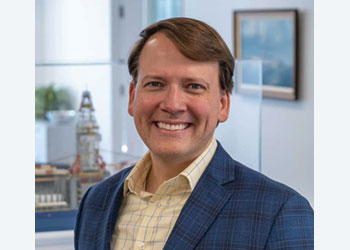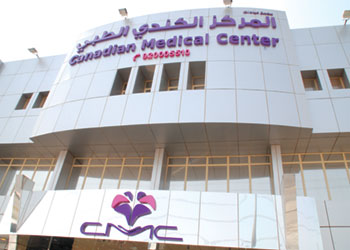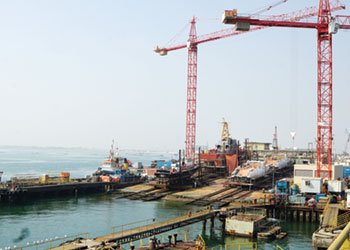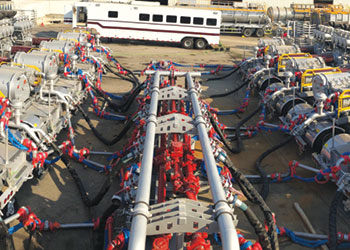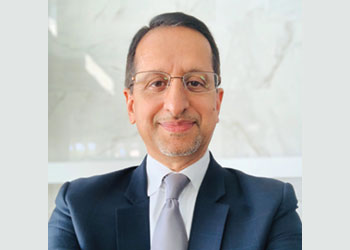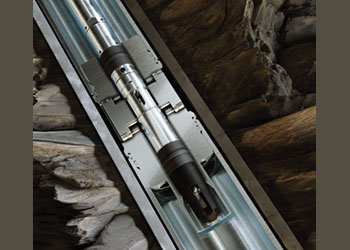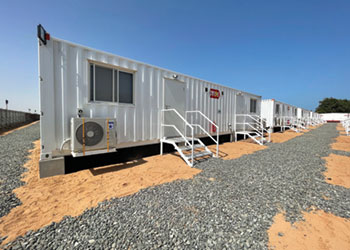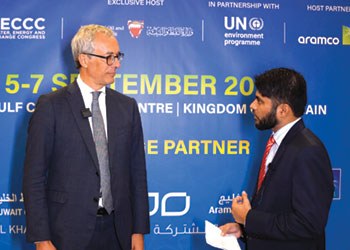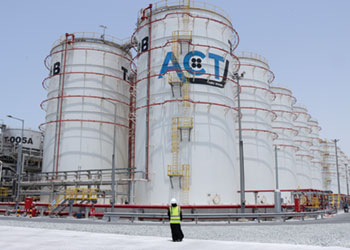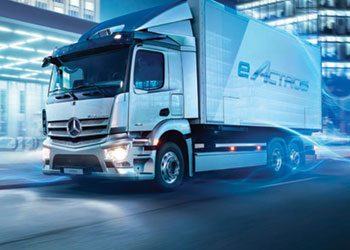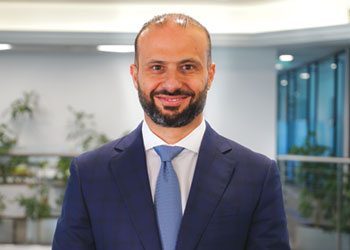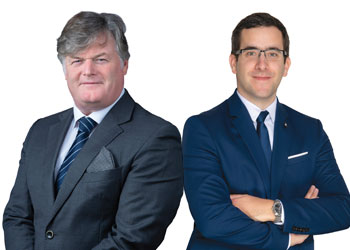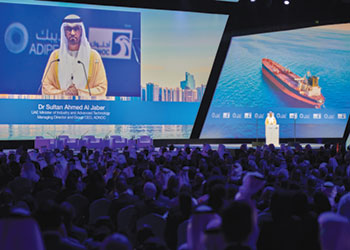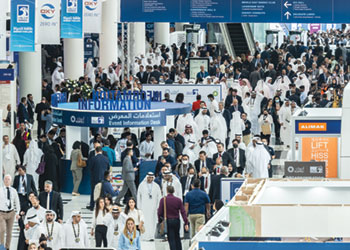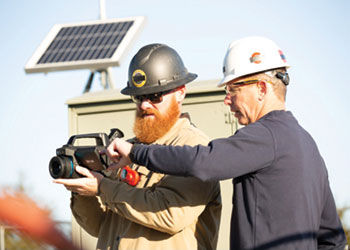
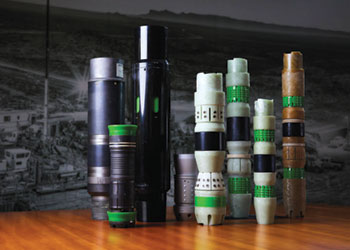 Wellboss frac plugs
Wellboss frac plugs
Mohamad Haek, CEO of Saudi Drill, tells OGN about its new manufacturing facilities, the advantages of having local capabilities, and the company’s business philosophy and strategy
Saudi Drill, a trading and investment firm focused on equipment and services in the oil, gas, and energy sector, is fast progressing with the establishment of manufacturing facilities through joint ventures with international partners in the Kingdom, in line with the Saudi Vision 2030, which aims for economic diversification through localisation.
Currently, eight different JVs for engineered equipment facilities in the construction, manufacturing, and services sectors are being finalised by the 100 per cent Saudi-owned company.
Two land plots of land have already been leased in Phase 1 of the King Salman Energy Park (Spark) for some of these units.
Amongst these the most advanced of these will be a joint venture with Suhail Industries, a leading conglomerate vertically integrated manufacturing industrial group.
'All of them are energy oriented,' says Mohamad Haek, the CEO of Saudi Drill, tells OGN energy magazine.
He adds that three manufacturing facilities should be commissioned by Q1 2024.
LEVERAGING LOCALISATION
 |
A JSA Loadmater Project in KSA |
Haek sees great potential in manufacturing locally as well as the many benefits it brings to the Saudi economy.
'In-Kingdom manufacturing will provide the market with supply security, creating jobs for Saudi and skilled expats, in addition to localising technologies and enhancing the local ecosystem,' he says.
A key advantage, he says, localisation hopes to serves is 'the elimination of the logistics hurdles that became so evident during the pandemic, when container costs from China rose to $25,000 per shipment and took months to arrive'.
Furthermore, he says: 'We are also ideally positioned to tackle the aftermarket, which includes post-sales, repairs and key services, such as periodic recertification. Providing all these in-kingdom will give us a great competitive advantage and give us a considerable price advantage.'
Amongst the sectors, Saudi Drill aims to localise is rig services and spare parts manufacturing.
For rig services, the company has a JV called JSA Loadmaster.
'We have around 50 engineers on different offshore and onshore rigs, who mainly perform rig certifications, steel fabrications and repairs for rig components and mast services. We have a very vast array of rig services that we provide on-site,' says Haek.
Meanwhile, for rig spare parts manufacturing, an agreement was recently signed with the International Maritime Industries (IMI) shipyard in Ras Al Khair.
Saudi Drill will manufacture masts and legs for offshore rigs at IMI premises once the shipyard is inaugurated.
INVESTING IN THE ENVIRONMENT
 |
Heerema's Sleipnir is the world’s largest crane vessel |
Saud Drill understands the huge opportunities for growth in the environmental sector.
'The fundamental added value is the conversion work, in which you take waste and convert it into materials that are useful for society,' says Haek.
One of Saudi Drill’s joint ventures in this segment is Al-Khaldi Bertling, a logistics company specialising in energy, industrial projects, and petrochemical sectors. The German partner Bertling has its own vessels for moving heavy shipments and equipment.
Yet another JV has been formed with a leading environmental management company. Saudi Drill plans to invest significantly in technology for this venture.
'Our long-term goal is to perform environmental services. And this company already has existing long-term agreements with clients around the country,' says Haek.
But behind all its successful ventures is the Saudi Drill’s business philosophy, as Haek explains.
'Our role in a joint venture is that of a true partner. We make investments and assist in the market’s dynamics, but we also work hand in hand with our partners,' he says.
He adds it is essential to understand the culture of multinational companies when forming joint-ventures with multinational companies.
'Being fair, honest and hardworking is key, and these values generate a positive reputation that helps us obtain new partners,' he says.
These partnerships will hopefully pay off eventually, especially in an increasingly competitive market.
And about the competition, a confident Haek says: 'Compared to the old days, when there was limited competition, it is growing gradually in today’s world.'
However, thus far, Saudi Arabia’s market hasn’t seen the sort of competition as in the neighbouring countries, where third- or fourth-tier companies add to the competition.
'What I like about our (Saudi) major customers is that they rely heavily on main players for mega projects,' Haek says.
However, despite the competition, Haek sees many opportunities. 'And consequently, we must be more efficient and provide value added services. We have to offer new technologies, local manufacturing, and aftermarket quality,' he adds.
About the Kingdom’s business transformation, Haek says: 'Saudi Arabia has a great legal system that protects investors, and it’s one of the most business-friendly and rewarding countries in the world to conduct business. The market has amazing potential. Some of the best-paying customers in the world are in Saudi Arabia.'
He concludes: 'If you compare the perception of Saudi Arabia today with that of some years back, I think there has been a drastic improvement in conducting business, due to the massive number of reforms to enable Vision 2030.'



















































































